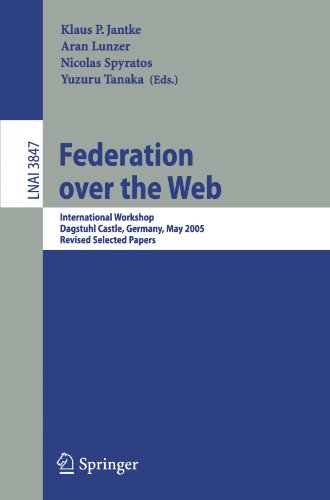

Most ebook files are in PDF format, so you can easily read them using various software such as Foxit Reader or directly on the Google Chrome browser.
Some ebook files are released by publishers in other formats such as .awz, .mobi, .epub, .fb2, etc. You may need to install specific software to read these formats on mobile/PC, such as Calibre.
Please read the tutorial at this link: https://ebookbell.com/faq
We offer FREE conversion to the popular formats you request; however, this may take some time. Therefore, right after payment, please email us, and we will try to provide the service as quickly as possible.
For some exceptional file formats or broken links (if any), please refrain from opening any disputes. Instead, email us first, and we will try to assist within a maximum of 6 hours.
EbookBell Team

4.3
58 reviewsThe lives of people all around the world, especially in industrialized nations, continue to be changed by the presence and growth of the Internet. Its in?uence is felt at scales ranging from private lifestyles to national economies, boosting thepaceatwhichmoderninformationandcommunicationtechnologiesin?uence personal choices along with business processes and scienti?c endeavors. In addition to its billions of HTML pages, the Web can now be seen as an open repository of computing resources. These resources provide access to computational services as well as data repositories, through a rapidly growing variety of Web applications and Web services. However, people’s usage of all these resources barely scratches the surface of the possibilities that such richness should o?er. One simple reason is that, given the variety of information available and the rate at which it is being extended, it is di?cult to keep up with the range of resources relevant to one’s interests. Another reason is that resources are o?ered in a bewildering variety of formats and styles, so that many resources e?ectively stand in isolation. This is reminiscent of the challenge of enterprise application integration, - miliar to every large organization be it in commerce, academia or government. Thechallengearisesbecauseoftheaccumulationofinformationandcommuni- tion systems over decades, typically without the technical provision or political will to make them work together. Thus the exchange of data among those s- tems is di?cult and expensive, and the potential synergetic e?ects of combining them are never realized.